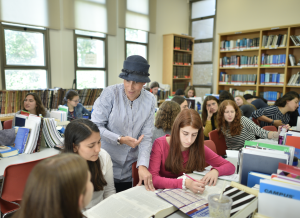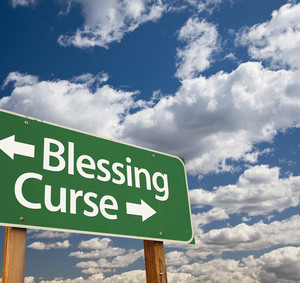By: Rabbi Dan Katz | Director YTVA & Mach Hach BaAretz
After Moshe finishes writing his own Sefer Torah, he transfers it to the care of the Levi’im and the elders of Israel. He entrusts it to the religious elite of society to secure it and to teach it to others. And yet, the Torah, is the inheritance of all Jews. Therefore, Moshe commands that once every seven years all Jews must join together to hear a public reading of the Torah called Hakhel. In the commandment of Hakhel given to the Jews, a curious detail is included. Invited to this affair are men, women and children. According to the Psukim (31:13), even those children who are not yet of an age to comprehend the words of the Torah are to attend. The obvious question is of what benefit is it to bring them?
The commentators all offer different solutions. Rashi suggests that, truth be told, the children are not being brought for their own benefit. Rather, the purpose of bringing them is to give extra reward to their parents for their efforts in bringing their children. Ramban takes a different approach and claims that although these children are not of an age to fully comprehend, they are approaching that age. Therefore, as these children stand at the Hakhel, they will ask their parents what is happening. This will initiate a conversation which allows the parents to impart values on their child. It is these types of conversation which will ultimately lead the child to be a God-fearing Jew.
I would like to suggest another possible solution which incorporates aspects of both commentaries. Perhaps, like the Ramban, the goal is to induce a conversation between the young child and parent. However, different from the Ramban and similar to Rashi, perhaps in reality the benefit is for the parent and not the child. So often in life, values and ideas are better inculcated not when we learn for ourselves but when we teach to others. At Hakhel, by explaining to the child our belief in God and His Torah we help etch these core values into ourselves.
On a personal level, since my earliest days as a madrich, there has been nothing which has inspired me in my beliefs more than teaching Jewish youth. For all the madrichim working in snifim, and parents helping run Bnei Akiva in our communities, we should appreciate the amazing impact that teaching others has on us. It should give us added motivation to continue to impact others and through it to inspire ourselves as well.







